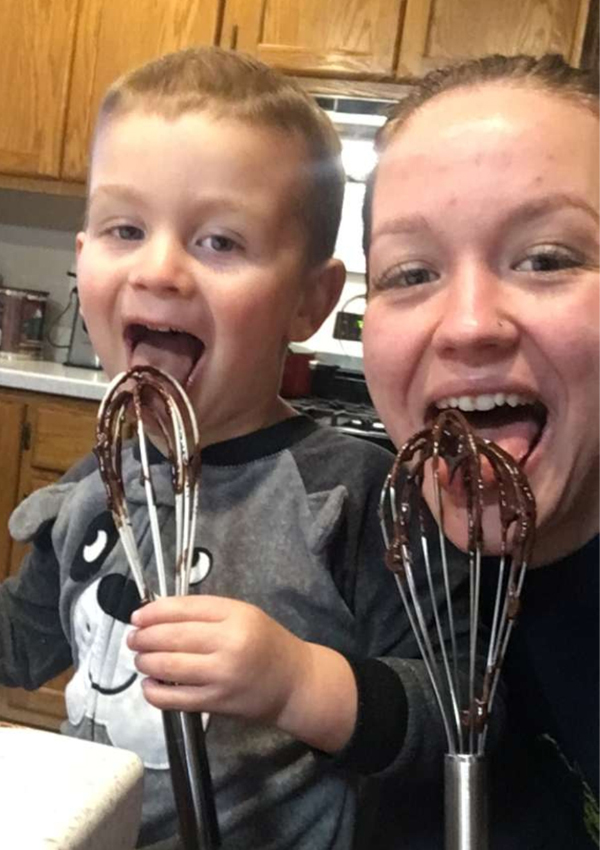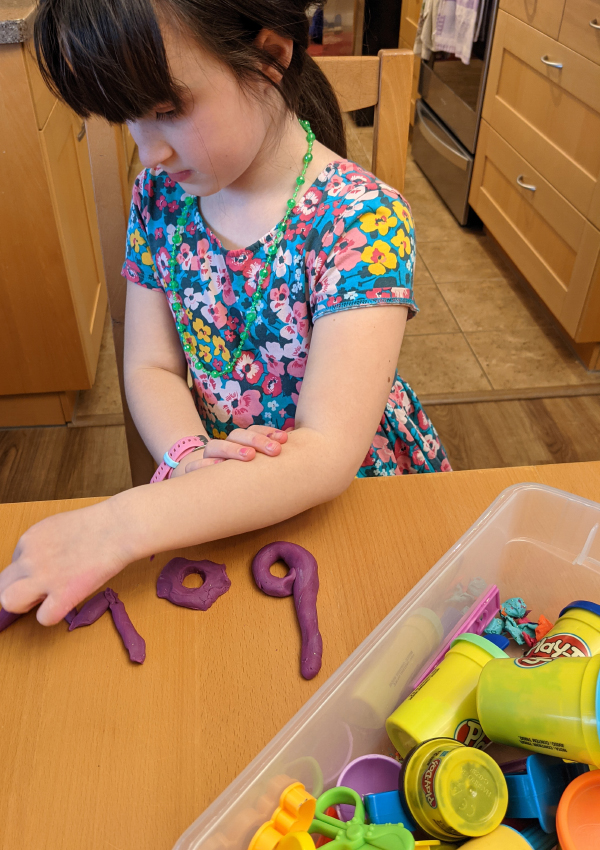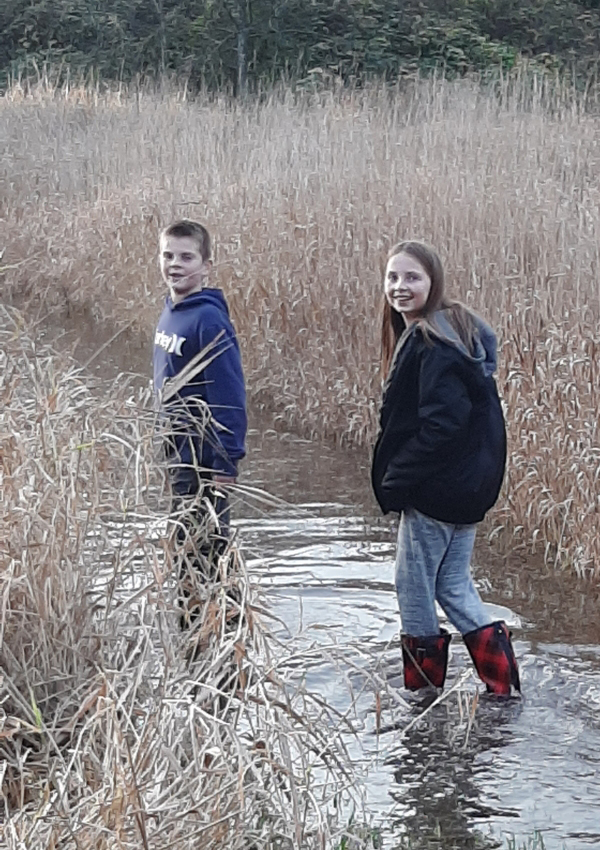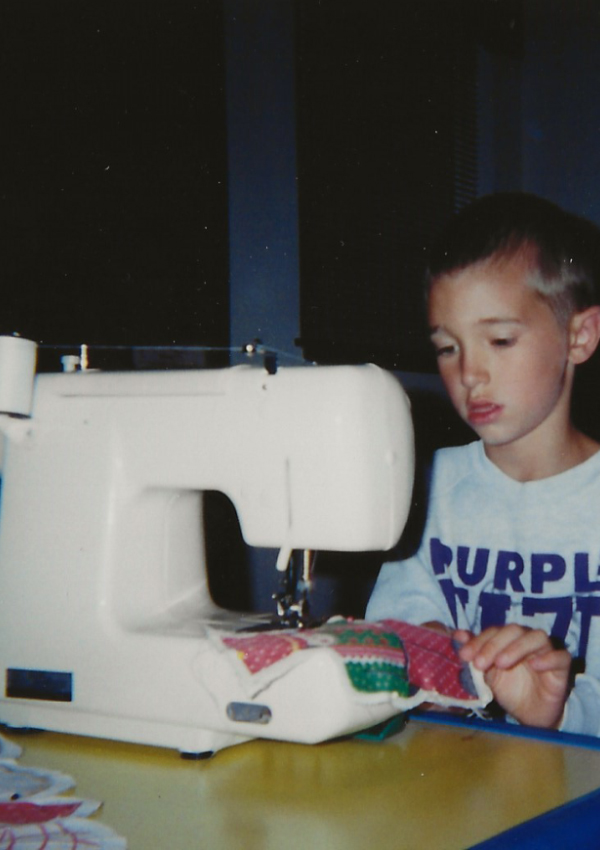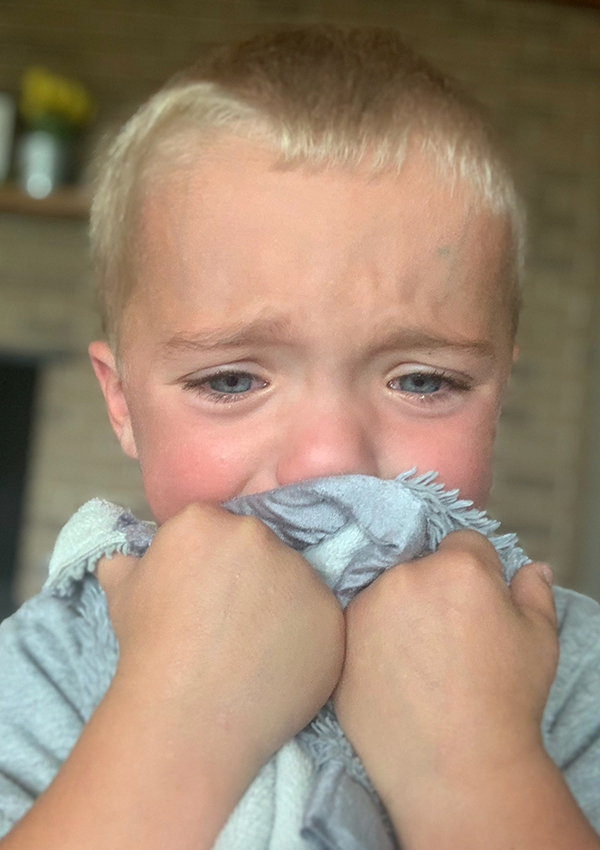Love- Let them show it when and how they want
I love you.
Arguably the most important of the three sentiments I shared two weeks ago. Last week I went over my beliefs and reasoning about not forcing children to apologize. This week I am sharing my thoughts on how to manage the expectations we have for our children when they are not wanting to say or show love and appreciation the way that we want them to, so that we don’t unintentionally devalue what love means and looks like for them.
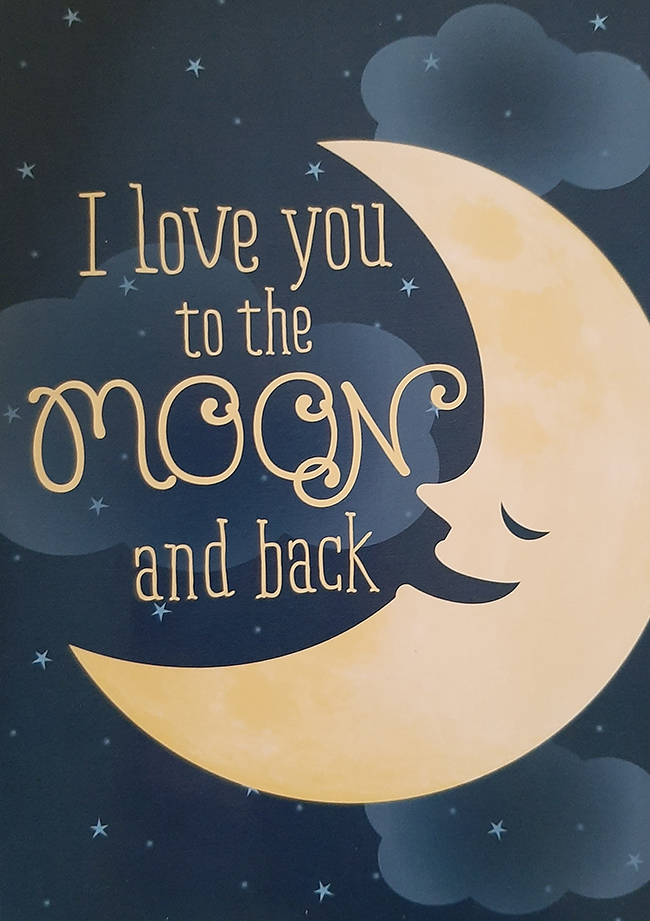
The word love is a noun, but it is also a verb. An action word. Love is something that people feel but it is also something we do. As adults we have more varied and complex ways we give and receive love than children do, so sometimes the expectations we have for them (as it relates to loving us or the people around them) are not reasonable given their limited understanding.
In my first post on this topic I spoke about how we as parents or relatives, in particular, may devalue this and other sentiments in our children. Here is an excerpt from Are we teaching our kids to devalue the things that matter most: Children who are raised around adults who model love and appreciation will learn to love and appreciate as well, but it must be through an authentic willingness to do so, otherwise we have devalued what it means to love another person.
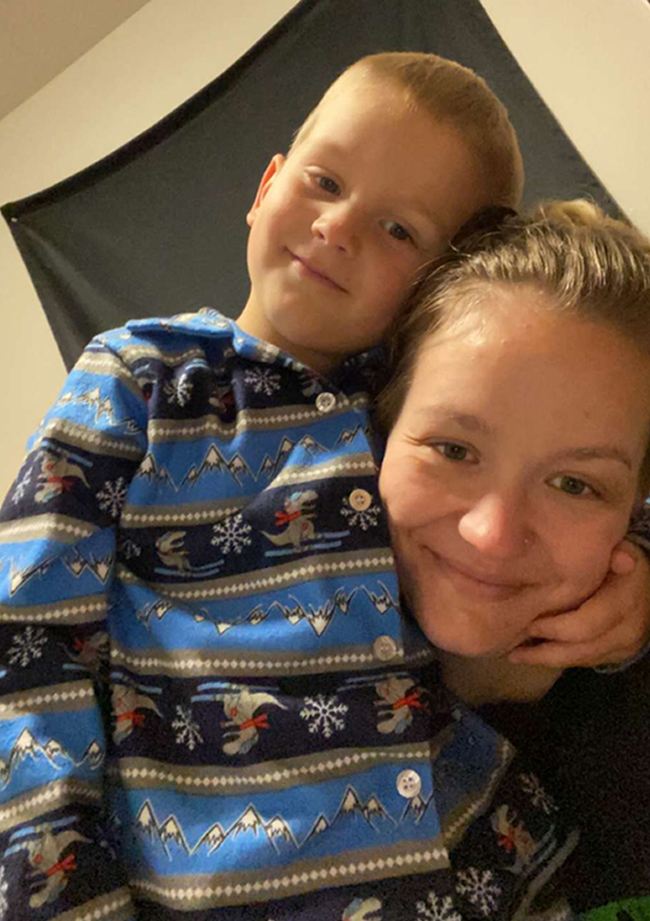
When it comes to love (as with apologies) if we force actions on our children that we as adults associate with them showing us love (hugs, kisses, obedience, etc.) then they are not acting out of a genuine desire to do so, and the ability for them to show us how THEY want to love us, is taken from them. Please read that again.
We need to refrain from telling kids they must kiss or hug us (or anyone) for doing something nice for them or because we are their parent, grandparent, etc. Much of the older generation believes that they are entitled to acts of affection from their children or grandchildren because they were raised that it is a sign of respect and that you just do it whether you want to or not, or because you were told to. That is an unhealthy and concerning mentality that needs to change. Kids will do it in their own way and in their own time. Forcing it does not make them love grandma more. It might actually do the opposite.
I know there will be people who disagree with this. But if you do, or if you talk with your own parents about how you will now be letting your kids decide on their own how they would like to thank people and show love, and they are annoyed because they think they deserve affection from their grandchild (especially since they just bought them a new Kindle Fire tablet…) this is what I would suggest; think about how much you would like for someone else to tell you to go kiss or hug your spouse, sibling, parent, whomever, on the spot because they told you to. Probably can’t imagine it right? Because it likely doesn’t happen to you because you are an adult and no one does that to adults. We should not do it to our kids either.
Does that make sense? If we tell our kids how to say or show love, then they miss the opportunity to figure out how they want to say or show it. Not to mention it is awkward and uncomfortable. In addition, they are then more apt to listen to others as they get older about what THAT person thinks it should sound/look like. You may be unintentionally creating a pattern of your child relying on others to tell them how to love.
As a parent/ grandparent/stepparent/aunt/uncle… the best thing you can do if you are wanting to have your child show love or appreciation in the ways that you would like to see it from them, is to model it yourself. If your spouse ran to the store to save you a trip, you can give them a kiss and say, “Thank you” when they return. If your own mom (grandma) brings dinner over for the family because you have been sick all week, you can give her a hug and tell her how much you appreciate it. And don’t forget that a good, old fashioned, handwritten note or card is also a perfect way to express your gratitude (and they last longer than hugs… 😉
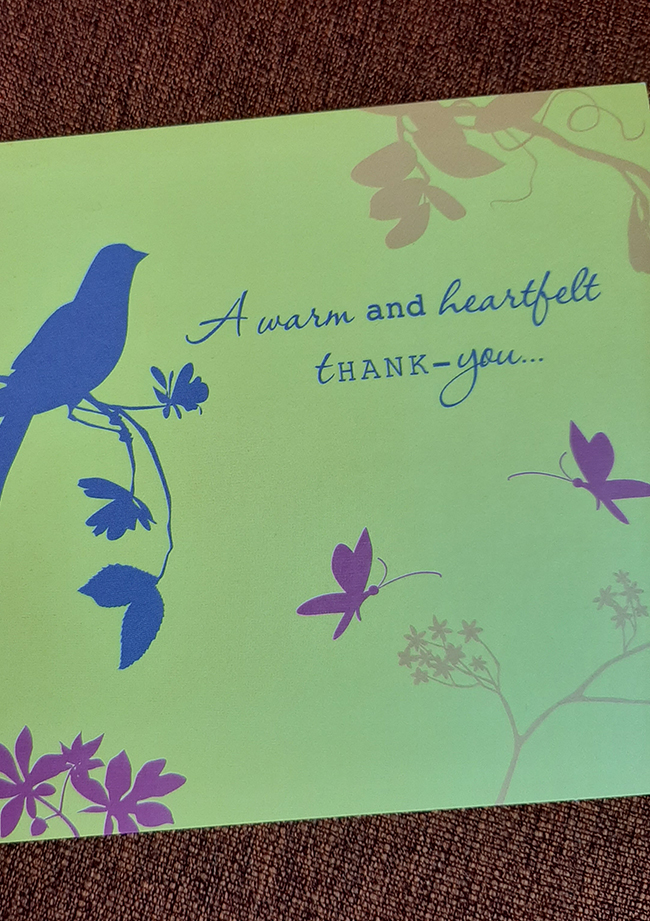
I cannot emphasize this enough; kids are more likely to do what they see their parents/primary caregivers do, than what we tell them to do. So, if you are not seeing the types of responses you want from your child, stop to think about what they have witnessed and what messages they have been given through your own words and actions about ___love___. (You can fill in the blank here because it applies to ALL parenting topics.)
And I need to say this too… Remember that we are all different and that every day is different. Some days I show love and appreciation to my family and other days I want them in separate rooms from me! There are also certain people who are more affectionate by nature, and welcome it, and others who are on high alert for any sudden or unexpected movements that might end up as a pat, or a hug or a kiss by an unknowing party. There are good days, bad days, hormones and personalities that all come into play. So rather than just expecting certain words or actions from your children, model what you want, appreciate what you are given and have patience as they figure the rest out in their own way and in their own time.


